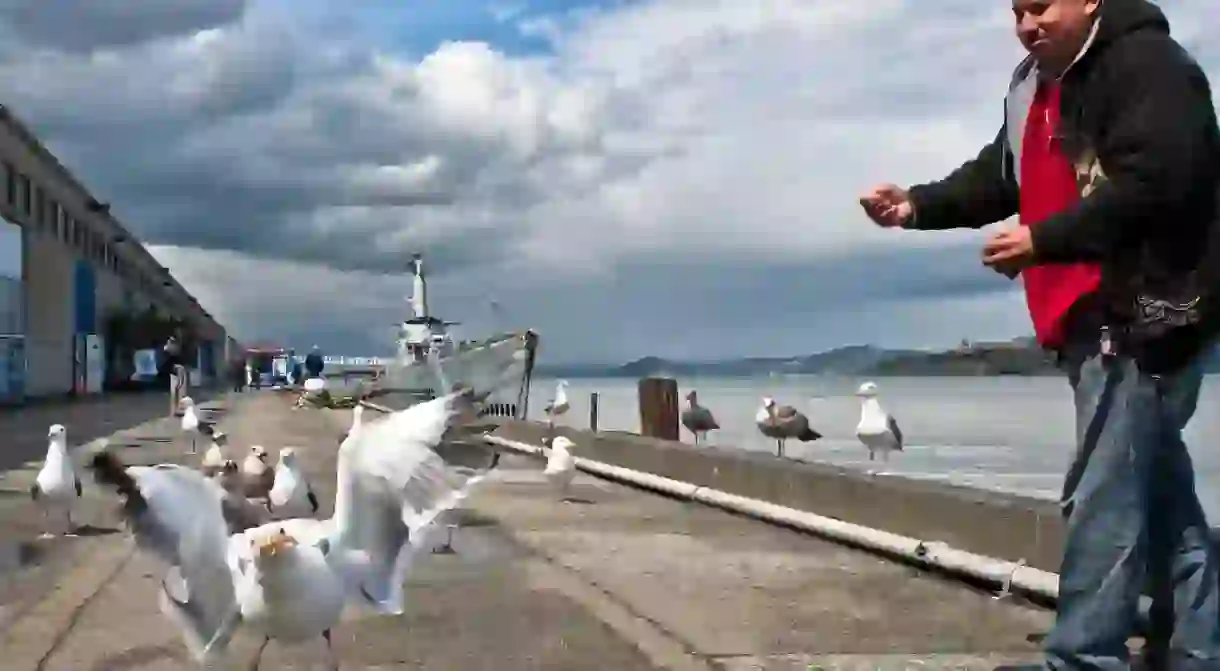Seagulls in This Belgian Town Are to Be Given the Contraceptive Pill

Seagulls often cause trouble in seaside resorts, from opening trash bags to stealing food from people, causing messes with their droppings and cawing loudly. The Belgian town of Blankenberge has had enough of their mischievous antics and will start feeding the obnoxious birds anti-conception pills to lower their population.
Throughout the year, seagulls disturb the peace in Belgium’s coastal cities, but with the breeding period around the corner, now is the time to limit the problem ahead of the new tourist season, the mayor of Blankenberge Ivan de Clerck told Belgian press agency, Belga.
By EU law, it is not allowed to cull seagulls, so city councils have had to get creative in their attempts to lower populations. Anti-conception medication has been given to pigeons before, but Blankenberge is the first town to try it on seagulls.

Veterinarian Pieter Colla is in charge of the project. He has already administered birth control pills to pigeons in the Belgian town of Tongeren with great success. Other trials with oral contraceptives for pigeons have been successful in popular tourist destinations such as Barcelona and Venice. ‘As long as we manage to get oral contraceptives to the seagulls regularly, the medication will make sure their egg white and egg yolk will mix, so you will get a scrambled egg, which is impossible for a chick to grow in’, he explained to Belgian public broadcaster VRT. The medication used for the project comes from the Italian pharmaceutical company Galluvet.
According to the Vlaamse Vogelbescherming, the Flemish society for the protection of birds, the plan is a bad idea. ‘We’re talking about a few individual birds that are causing a nuisance, not the entire population’, employee Nicolas Brackx told Belgian newspaper Het Laatste Nieuws. Brackx also thinks it is highly likely that not all the birds will eat the food spiked with contraception. ‘Only the dominant birds will get to the food and eat it all before the weaker ones get to it’.

He also worries other animals might eat the contaminated food that is meant for the seagulls. Another problem with the current idea is that seagulls who have their nest in Blankenberge might not necessarily search for food in that same area, they might forage in other Belgian coastal areas, so they won’t get medicated, according to Brackx.
The mayor of Blankenberge has said he will take the society’s objections into consideration and ask them for advice. Previous measures taken in Blankenberge to stop the seagull terror were nighttime garbage collection and tracking the birds’ nests with drones so the eggs could be destroyed and replaced with fake eggs.













